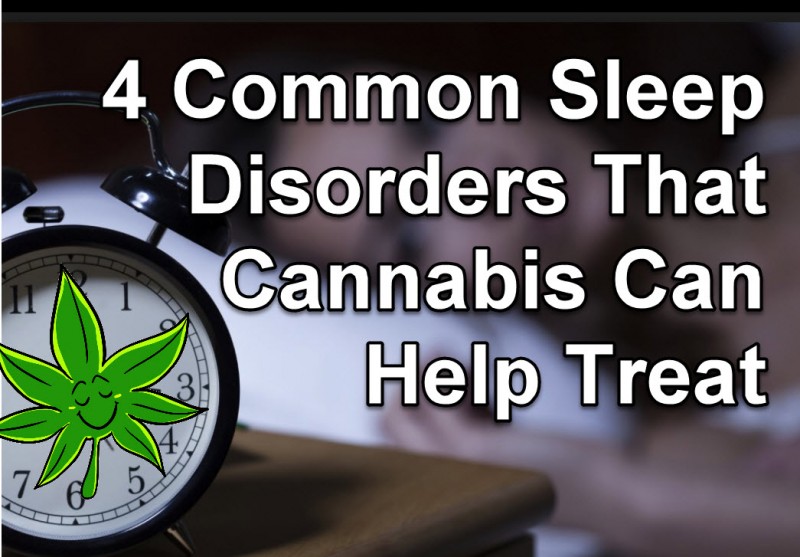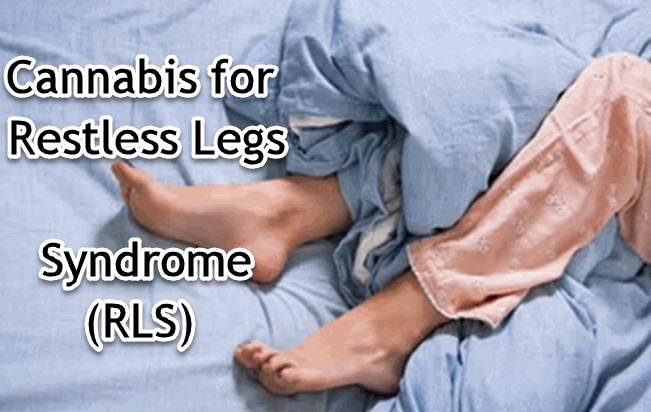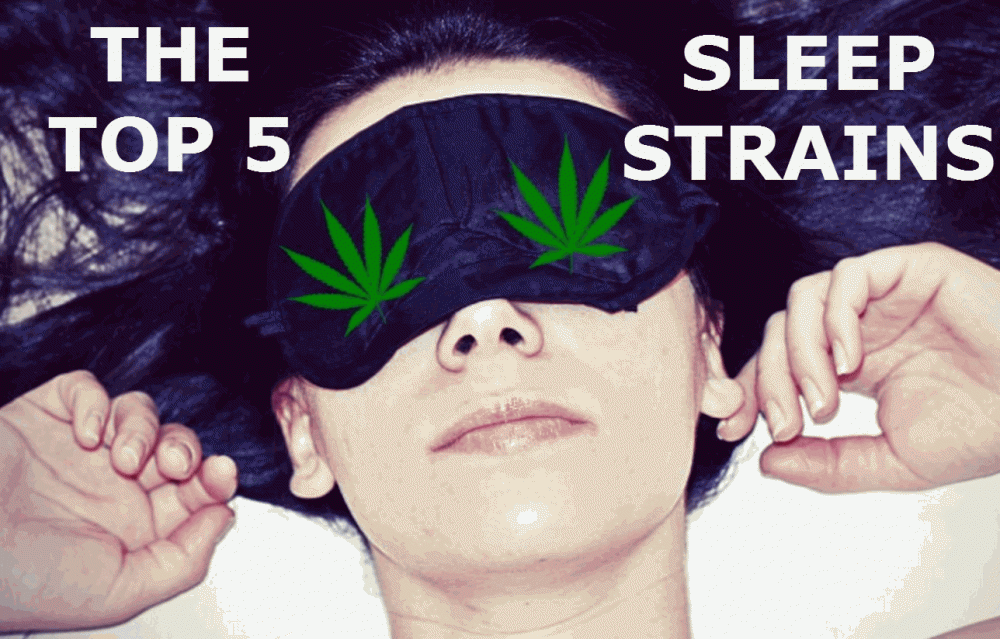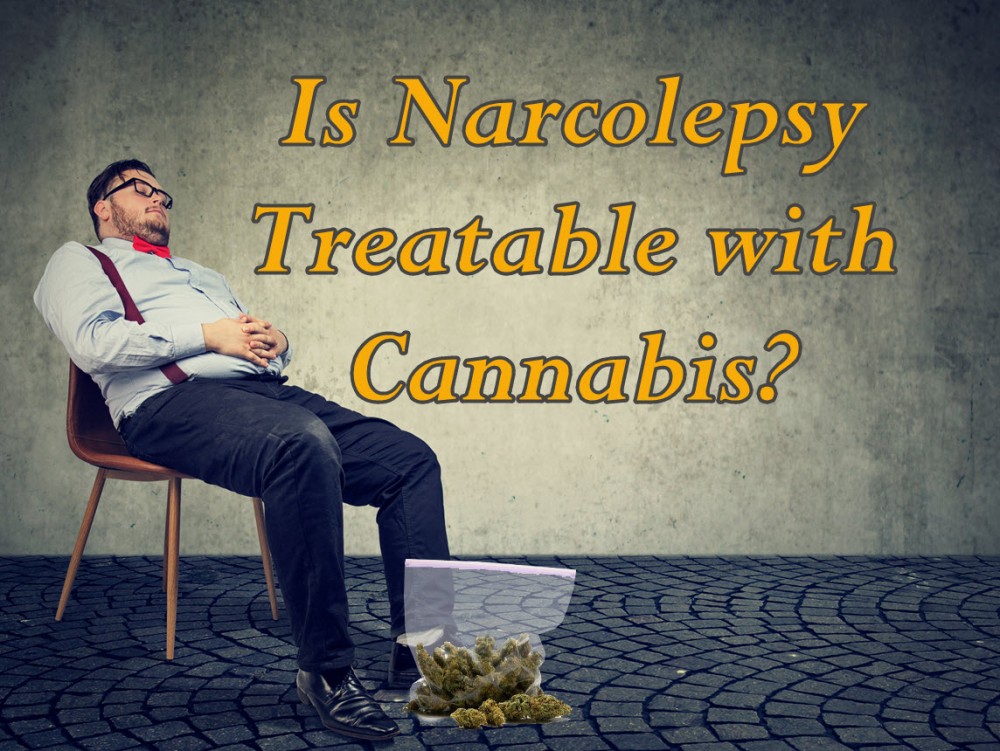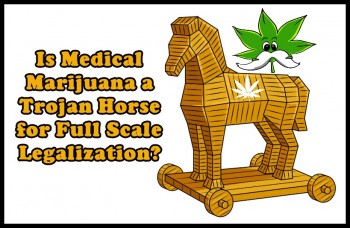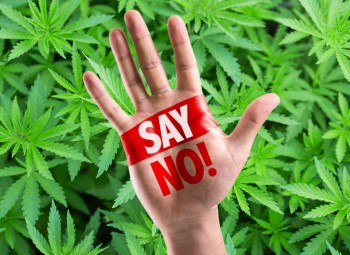4 Common Sleep Disorders That Cannabis Can Help Treat
4 Common Sleep Disorders That Marijuana Can Help Treat from CannabisNet on Vimeo.
Sleep disorders refer to a group of conditions that interrupt healthy sleeping habits. The lack of proper sleep can have a serious impact on one’s health.
Sleep deprivation significantly decreases alertness, impairs memory, damages cognitive abilities, and decreases physical performance. Chronic sleep deprivation can increase the risk of automobile and occupational injuries, and it can also affect personal relationships.
There are many forms of pharmaceutical treatments available aimed at addressing the different kinds of sleep disorders. However, cannabis presents a safe, natural alternative to treating sleep disorders without any side effects. Tetrahydrocannabinol (THC), a primary constituent in cannabis, has been shown to reduce the time it takes to fall asleep. Studies also show that consuming THC orally helps individuals fall asleep much faster and without any difficulty.
These are 4 of the most common sleep disorders that cannabis has been proven to treat:
Insomnia: Insomnia is the most common sleep disorder in the world. It is estimated that 1 in every 3 people suffer from at least mild insomnia.
Insomnia is defined as the general inability to fall asleep, and is characterized by difficulty falling asleep at night, waking up in the middle of the night with trouble going back to sleep, or frequently waking up earlier than desired. Insomnia can lead to other problems during the day, such as lack of energy, difficulty concentrating, excessive daytime sleepiness, depression, decreased performance, and increased risk for driving accidents due to fatigue.
Cannabis can help insomniacs by promoting longer, deeper sleep. Studies show that both THC and CBD, when taken before bedtime, increases the duration of sleep. Other studies show that high doses of THC can increase the time spent sleeping.
Sleep apnea: It is estimated that 22 million Americans have sleep apnea, and 80% of cases of these are undiagnosed severe obstructive sleep apnea. A major symptom of sleep apnea is excessive snoring, but the problem is much more serious than that.
Sleep apnea occurs when airflow is inhibited, resulting in a drop in blood oxygen levels. The brain then responds by temporarily pausing the sleep cycle so that breathing can continue. When breathing resumes, it’s characterized by loud gasping or choking sounds. There are different forms of sleep apnea: obstructive, central, and complex sleep apnea. However, all of them can negatively affect one’s health if it continues untreated.
In 2013, the first human trial on the impact of THC for sleep apnea occurred. Dr. David Carley, the study’s lead author, administered various doses of dronabinol (synthetic THC) on 17 participants with sleep apnea. The results revealed that there was a 32% overall reduction in the sleep apnea indexes, which prompted the study’s authors to suggest that patients can obtain relief from cannabinoid-based medications.
Restless leg syndrome: Around 10% of American adults suffer from restless leg syndrome (RLS). It also affects around 2% of children.
Individuals with restless leg syndrome experience uncomfortable sensations in the legs, oftentimes described as similar to pins and needles, itching, and creeping feelings. In some cases, these sensations can spread to other parts of the body. Individuals with restless leg syndrome only find relief from moving their legs. The symptoms of restless leg syndrome exacerbate at night, or when one is resting, leading to interrupted sleep. In severe cases, this condition can be intolerable and may seriously affect one’s quality of life.
In a 2017 study, French scientists revealed that 6 participants with treatment-resistant restless leg syndrome were able to experience relief from cannabis. After inhaling pot, all participants reported “total relief of RLS symptoms as well as complete improvement of sleep quality.”
Night terrors: Night terrors are commonly misdiagnosed as nightmares, but they are extremely common among people with post-traumatic stress disorder (PTSD). Around 7.8% of Americans will experience PTSD in their life, while 3.6% of American adults aged 18-54 will have PTSD within a given year.
Night terrors is characterized by suddenly waking up from sleep, persistent terror at night, rapid heart rate, sweating, confusion, no recollection of nightmares or bad dreams, vague sense of terrifying images, and the inability to explain what exactly happened. In some cases, people with night terrors are difficult to comfort and see frightening things in the room, particularly veterans or those who have suffered from another traumatic experience in their life.
Studies show that CBD in particular is therapeutic for treating PTSD. It has the ability to enhance extinction, which inhibits learned fears in PTSD patients. Another study involving volunteers in New Mexico’s Medical Cannabis Program showed that patients saw a 75% drop in PTSD symptoms when they used cannabis, compared to when they were not using the drug.
Have you used cannabis to treat a sleep disorder? Share your experience with us in the comments below.
4 Common Sleep Disorders That Marijuana Can Help Treat from CannabisNet on Vimeo.
OTHER STORIES YOU MAY ENJOY..
CANNABIS FOR RESTLESS LEG SYDROME, READ THIS, CLICK HERE.
OR..
TOP 5 MARIJUANA STRAINS FOR SLEEPING, CLICK HERE.
